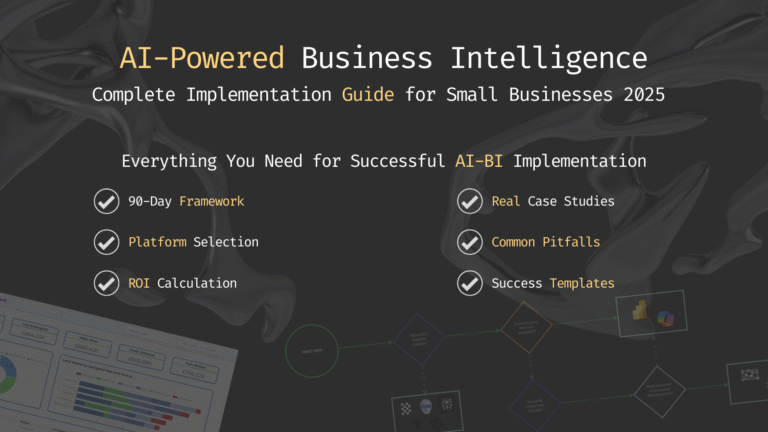Data Analysis and Business Intelligence (BI) are field that are always in evolution, so what’s the best way to you stand out?
The answer might be simpler than you think: a well built portfolio.
This article will explore why portfolios are not just beneficial but essential for professionals in these dynamic fields and especially the benefits of having one.
Why is important to have a Portfolio?
Shows Your Technical Skills and Project Versatility
A portfolio shows that you are proficient in various technical skills related to your career.
For Data Analysis and Business Intelligence the skills to showcase go from data cleaning and manipulation to sophisticated analysis and visualization; but is important to mention that you can include also other types of skills if they are more related to your specific career job or your passion, for example a BI passionate can shows excellent UI designs in his/her dashboards, without focusing a lot on data cleaning.
Remember always to think about what the people that are watching your portfolio want to see and understand about your skills and level.
In general, showcasing your capability with the typical Data Analytics tools like Excel, SQL, Python, R, and BI platforms (such as Tableau or Power BI) is mandatory to result a complete Data or BI Analyst.
Remember that is important not only to list your skills and capabilities but also showcase in practice with projects how you can use them in various environments.
Demonstrates Real-World Impact
The real power and also the final goal of a Data Analyst portfolio lies in its ability to showcase how you would apply your skills to solve tangible business challenges.
Through case studies and project summaries, you provide potential employers or clients an understanding of your problem-solving process, your approach to data-driven decision making, and, most importantly, you show the outcomes of your work. This aspect of the portfolio should be a primary focus, offering concrete evidence of your value as a professional in the data analysis and BI fields.
If you are struggling with finding the best dataset for your next project I have written an article on how to find the best datasets, providing more than 15 websites examples: Finding The Best Dataset For Data Analytics Practice And Portfolio.
Showcases Continuous Learning and Professional Development
In a field that’s evolving super fast like data science and business intelligence, is crucial to demonstrate a commitment to continuous learning and development.
Your portfolio has to be up-to-date, with the goal of reflecting your dedication to staying informed about the latest industry trends, tools, and techniques. This not only shows potential employers that you’re proactive about your professional growth but also assures them of your ability to adapt to and embrace new challenges and technologies. S
I also suggest to include something that can shows the actuality of your work, including a project with recent data or based on a new and modern situation, like AI impact. For example, during the Covid-19 period a lot of Business Intelligence professionals included in their portfolios dashboards of the impact of the pandemic going on.
Builds and Enhances Your Personal Brand
A Data Analyst portfolio is more than just a collection of work samples, but is the most powerful tool for personal branding. It allows you to showcase and convey your professional story, always with the goal in mind of highlighting what sets you apart from the competition.
The projects you choose to include and especially the way that you present them can underscore your unique strengths, interests, and approach to data analysis and BI.
CareerFoundry, in this article shows various examples of DA portfolios, and emphasizes the importance of tailoring your portfolio to reflect your personal brand and professional goals.
I personally suggest to have a dynamic portfolio, and to show always a different combinations of projects, based on the person that will see and evaluate your portfolio.
Conclusion and Next Steps
In the super competitive field of Data Analysis and Business Intelligence, a well crafted portfolio is indispensable. Not only to showcase your technical skills and real-world impact but also to guarantee your ongoing professional development and personal brand. As you embark on or continue your journey in these fields, remember that a dynamic and impactful portfolio can open doors to exciting opportunities in an easier way and play an important role in career advance.
For more insights on building a creative and complete data analysis and business intelligence portfolio, you can read the other articles in this blog (especially with the portfolio tag) and stay tuned for the upcoming articles, where I’ll explore the types of projects that helped me in my career, with those tips you will can elevate your portfolio and receive practical advice on portfolio construction.
Remember to have a look at my Projects to have some examples of what you can include in your portfolio.



